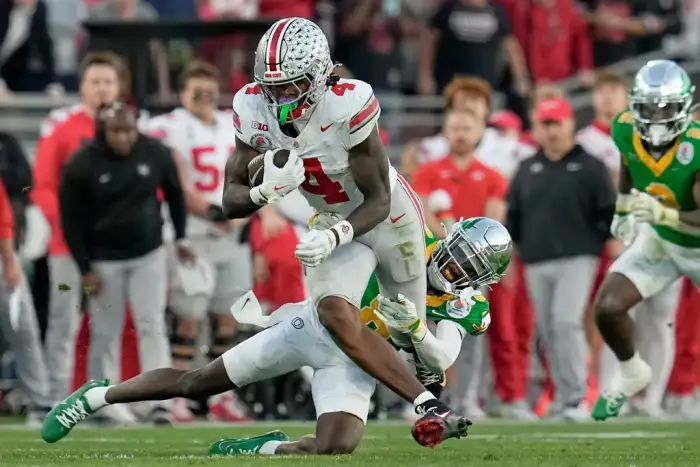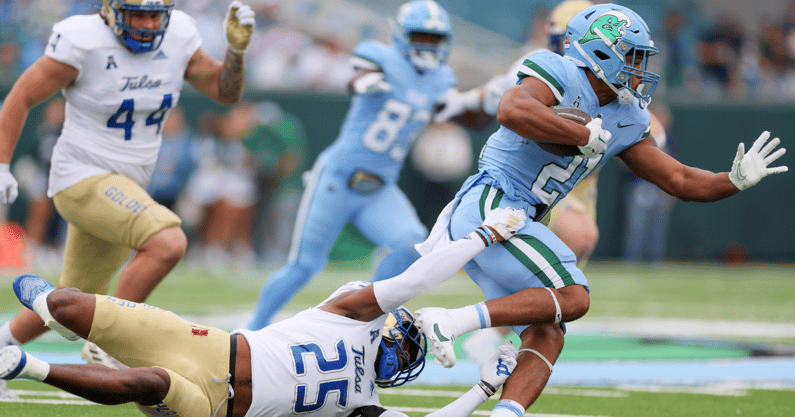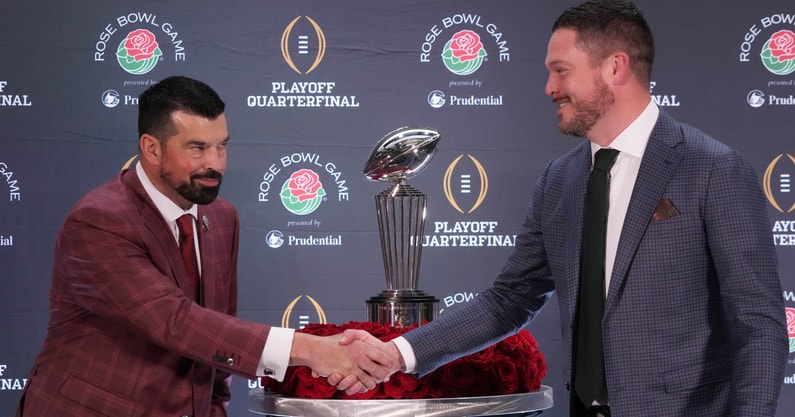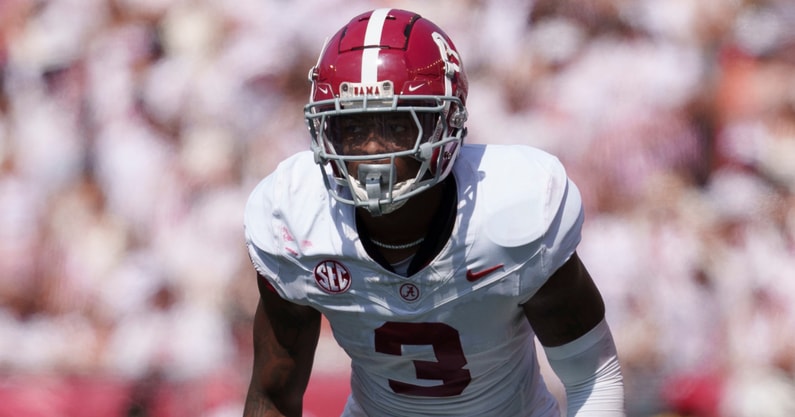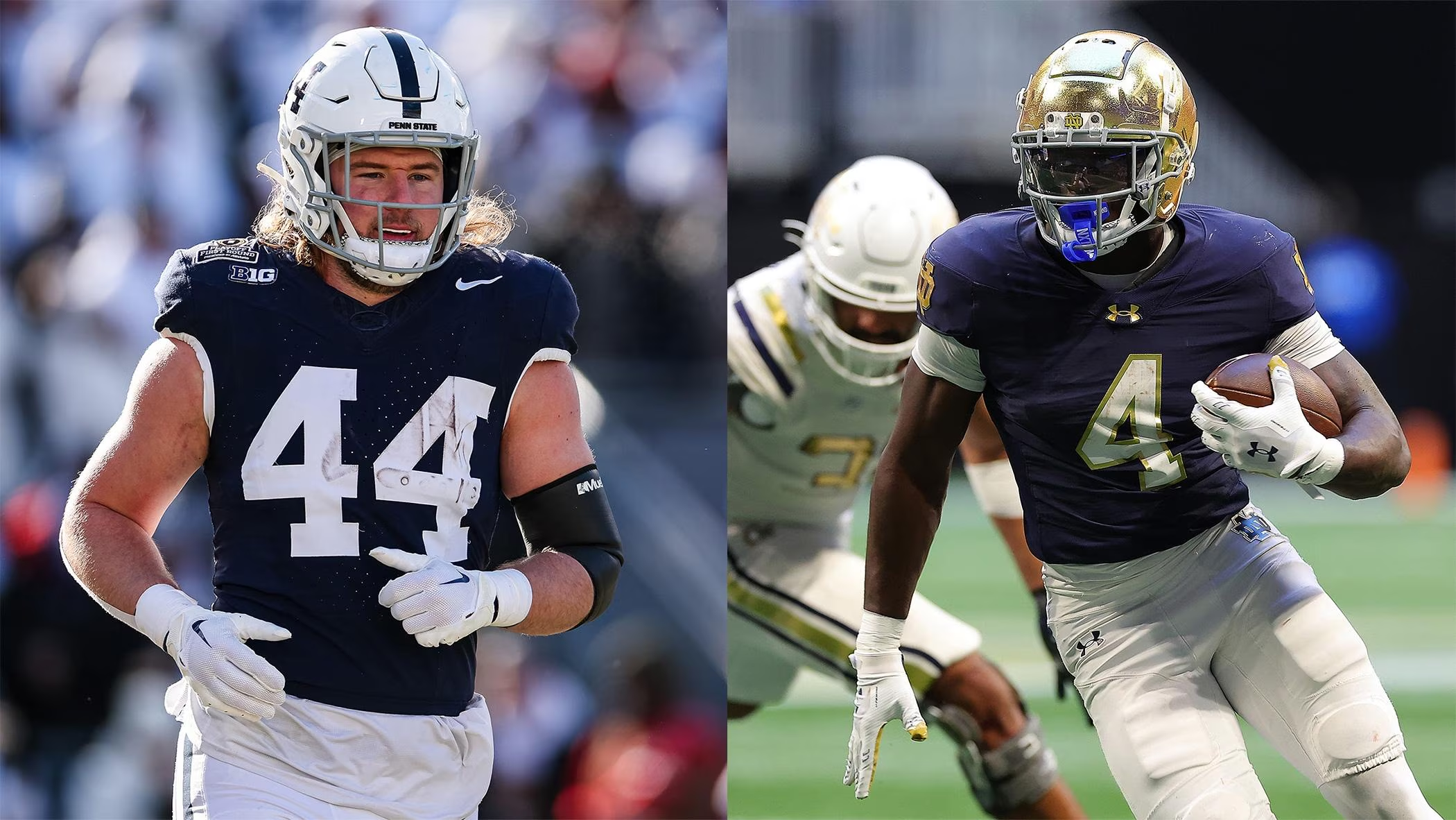
College football has reached a significant milestone in its storied history. For the first time, two Black head coaches, James Franklin of Penn State and Marcus Freeman of Notre Dame, will lead their teams into the College Football Playoff (CFP) semifinals. This groundbreaking moment represents a major step forward for diversity in collegiate athletics.
James Franklin’s Journey with Penn State
James Franklin has been a cornerstone of Penn State football since becoming head coach in 2014. Under his leadership, the Nittany Lions have consistently been one of the top teams in the Big Ten Conference, appearing in multiple bowl games and maintaining a strong national presence. Franklin’s coaching philosophy and ability to develop talent have played a critical role in Penn State’s resurgence as a powerhouse.
Marcus Freeman’s Impact at Notre Dame
Marcus Freeman, a rising star in college football, took the reins at Notre Dame in 2021. Known for his defensive expertise and strong rapport with players, Freeman has guided the Fighting Irish to new heights. His ability to strategize and motivate has been a game-changer, solidifying Notre Dame’s position as a top contender in the playoff race.
A Turning Point for Diversity in Coaching
The presence of two Black head coaches in the CFP semifinals is not just a personal achievement for Franklin and Freeman—it’s a transformative moment for the sport. Historically, Black coaches have been underrepresented in college football, especially in high-profile programs. This milestone challenges the status quo and paves the way for greater inclusivity in coaching roles.
Progress in Representation
The journey toward diversity in college football coaching has been gradual but promising. Recent years have seen an increase in opportunities for Black coaches, driven by changes in hiring practices and a growing awareness of the need for representation. Programs are recognizing the importance of diversity, not just in the player roster but in leadership as well.
This progress reflects broader societal shifts, as well as the influence of trailblazers in other sports. For example, in basketball, John Thompson’s historic championship win as the first Black head coach in 1984 set the stage for future generations. Franklin and Freeman are now creating a similar legacy in college football.
Why This Matters
Representation matters on and off the field. As the player base becomes increasingly diverse, having coaches who reflect that diversity provides inspiration and validation for young athletes. It fosters a culture where players can see themselves in leadership positions, reinforcing the belief that talent and hard work can open doors regardless of background.
Final Thoughts
The College Football Playoff semifinals are about more than just football this year—they are about breaking barriers and setting new precedents. James Franklin and Marcus Freeman’s achievements highlight the importance of diversity and inclusion in sports leadership.
As college football continues to evolve, this moment serves as a powerful reminder of the strides being made toward equality. It’s a historic chapter that will inspire future generations of athletes and coaches to dream big and aim high.

